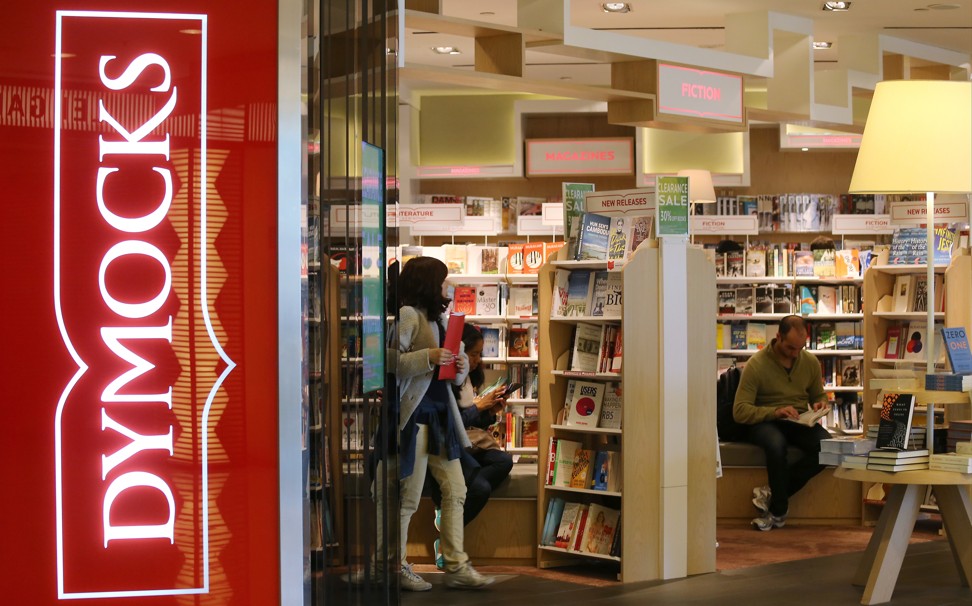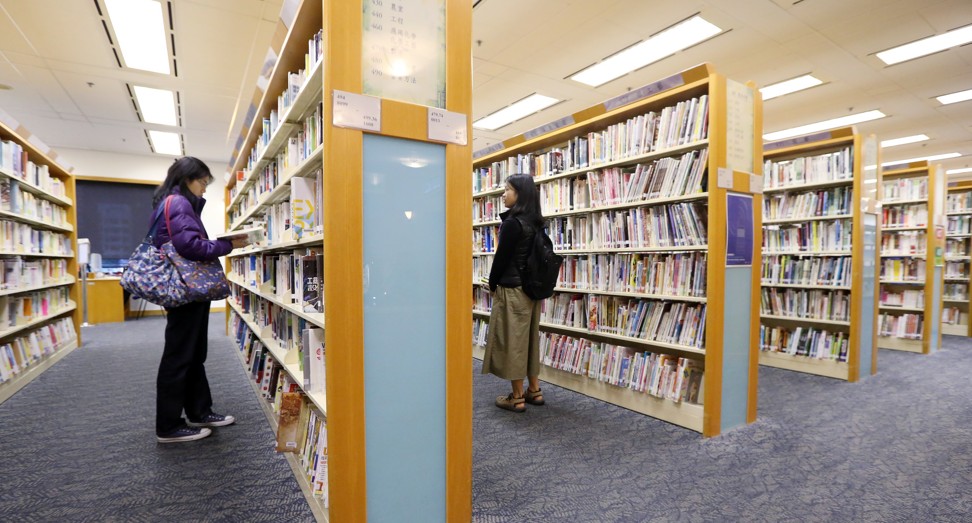
Expensive books, fewer bookstores, phones: Hong Kong’s reading challenges
- Hong Kong’s high rents mean more expensive books, which affects price-sensitive Hongkongers, say industry insiders
- Libraries need to do more to promote book-lending services and highlight they are not just places to study
“There is work to be done around making books more accessible to more people in Hong Kong for free or at least at a fraction of the price,” says Phillipa Milne, the former director of the Hong Kong International Literary Festival.
“There is also more work to be done around reading habits and generally encouraging people to make it part of their day, whether its listening to an audiobook on the way to school or work, or spending 10 minutes in the evening reading a chapter of a book.”
The international report by Picodi.com, which surveyed 7,800 people across 41 countries, put Hong Kong well ahead of Singapore, where it found only 51 per cent of people bought at least one book in the last year.

November is the peak season for book buyers, accounting for 16 per cent of all transactions. Shonee Mirchandani, director of Hong Kong bookstore chain Bookazine, says this is to be expected and is closely linked to publishing schedules.
“All the publishers come out with their best books in October, November and December – and the bulk in November. Whether its Steve Jobs’ book or Michelle Obama or Keith Richards – the book of the year comes out in November. The [Hong Kong Literary] festival adds to the spike,” Mirchandani says.
The report found that Hongkongers, for the large part, are reading books in print, bought either online (61 per cent) or in bricks and mortar stores (43 per cent). E-books (31 per cent) and audiobooks (15 per cent) from online stores make up a smaller segment, with CD audiobooks accounting for just 6 per cent.
Mirchandani wasn’t surprised by the poor uptake of audiobooks in Hong Kong, explaining that around the world and particularly in the UK, people tend to listen to audiobooks when they are driving. “In Hong Kong people do not drive or travel long distances. Sadly, people spend the commute time looking at their phones,” she says.
High rents were a factor in chasing out some of Hong Kong’s long-standing booksellers – Dymocks closed in 2015 after 15 years in the city and Ling Kee closed at the end of last year after 75 years in business. High rental costs inevitably translate into more expensive books. “Books are more expensive here,” Milne says. “Also, bookstores aren’t huge, so they can’t have a huge stock – there isn’t the space.”

The report found price to be a key factor in book selection – 30 per cent of respondents believe that book prices are excessive and 19 per cent considered them way too high. So it’s not surprising that a bargain price was chosen as the determining factor by 46 per cent of those surveyed.
Despite Hongkongers being very sensitive and on the hunt for book bargains, relatively few turn to libraries where books are available for free. Just 9 per cent of local readers check out books from the library, according to the report.
Milne is surprised by the poor uptake and believes there is an opportunity for libraries to better promote their services. “Libraries are completely free. You can order whatever you want, and they will try and source it for you for free. Libraries could be making more of themselves as places to borrow books for free, not just to study.”

Most Hong Kong readers opt for fiction (80 per cent), with thrillers (37 per cent), romance (31 per cent), adventure (30 per cent) and sci-fi and fantasy (24 per cent) being the most popular genres.
“We sell less fiction and more non-fiction,” Mirchandani says. “This might be because people tend to buy fiction online and for non-fiction books they often want to peruse the pages. Because Hongkongers value children’s education, children’s books are popular and outsell every other category.”
The survey, which aimed to identify the countries where books are bought most frequently, placed Turkey, Russia and Spain at the top of its list. Hong Kong was placed relatively low on the list with UAE, Germany and Singapore lagging further behind.

Milne says it was encouraging to see that most people who bought books in Hong Kong did so because of a love of reading (59 per cent) and said that the challenge ahead is to reach more people and spread awareness of the benefits of reading.
“Literature helps develop empathy and understanding of different cultures, religions and opinions other than your own,” she says. “It’s an easy way to travel without travelling, not to mention the benefits for children – developing their vocabulary and communication skills. There are plenty of reports that show children who read a lot and read with their parents are successful academically.”

